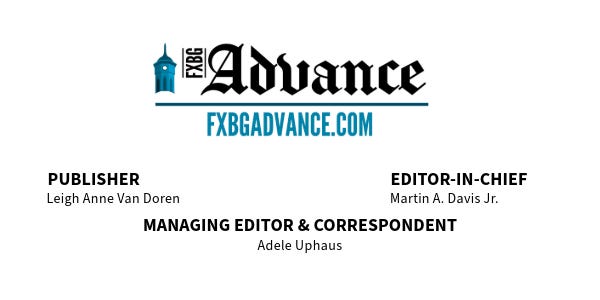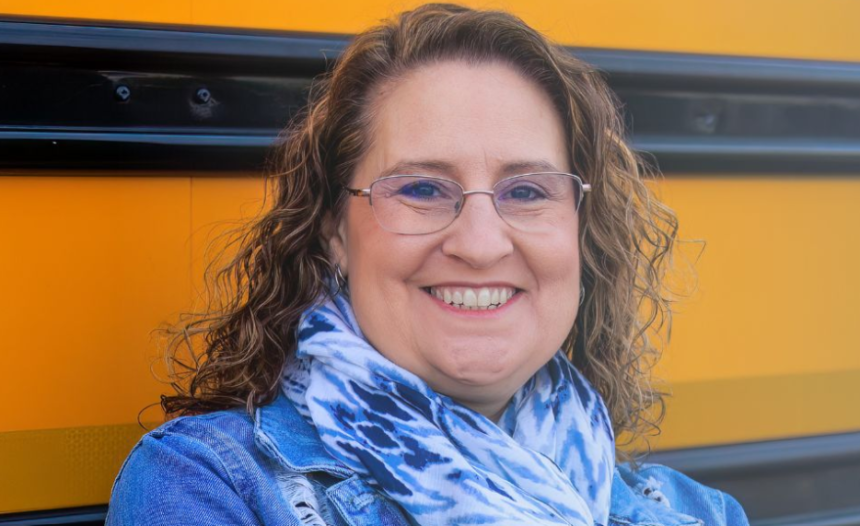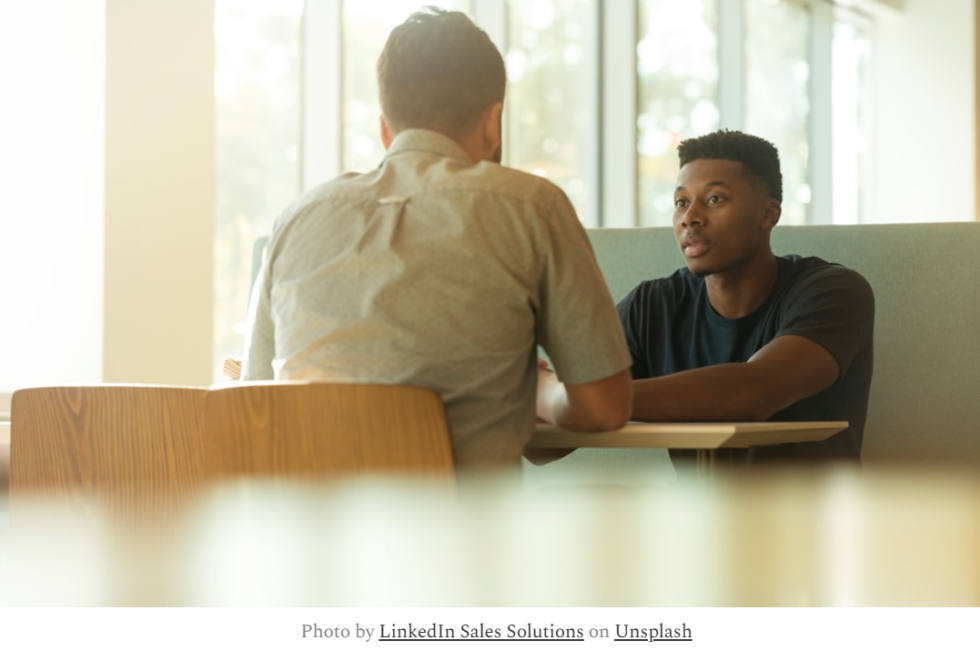
Civility and civility conversations have a rich history — but they’re known less for their successes (see the Better Angels Society) than for their failures (see “Why Interfaith Dialog Doesn’t Work”).
So it should not surprise that a relatively small effort in Fredericksburg by two people on opposing sides of the political aisle to come together in an act of civility appears to have failed.
True dialog, however, is rarely defined by any one event. And what may appear as failure today, could prove the groundwork we need for a healthier political environment in the New Year.
Subscribed
An Invite, A Rejection, A Synthesis
On the heels of reports of Republican campaign signs being stolen and vandalized, Fredericksburg Republican Committee Chair Scott Vezina reached out on September 30 via email to his counterpart on the Democratic Committee, Ken Lecky, with a straight-forward request. Referencing the stolen and vandalized signs, Vezina wrote:
I have deliberately not publicized the events because I feel that brings more division than unity. I have asked my committee to respond with love and compassion, rather than hatred and retribution.
I drafted the attached Joint Resolution and invite you to sign on with me to ensure that our committees stay respectful to each other. I also ask that you let me know ASAP if you have any signs of disrespect from any of my committee members. I can assure you that this is not tolerated in my committee, and I will address appropriately.
The idea for the resolution came from Prince William County, where Samuel Chisolm Jr of the Democratic Committee and Jacob Alderman of the Republican Committee signed a document that Vizena borrowed from when crafting what he shared with Lecky.
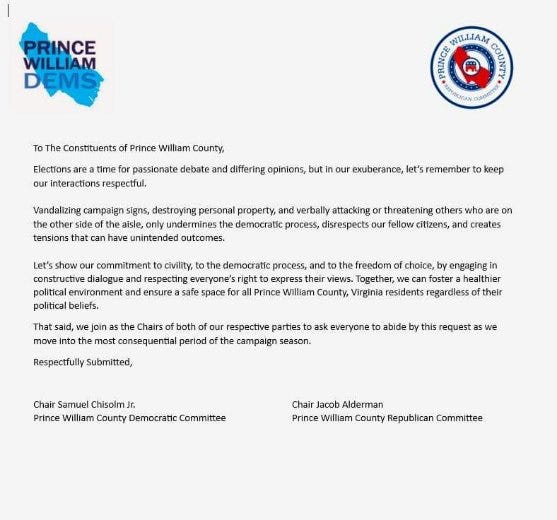
A week later, Vezina followed up with Lecky, hoping he would sign. Ultimately, Lecky declined to do so.
The Advance reached out to Lecky on October 10 to learn more about his decision, and asked him two questions:
1. Is the Democratic Party experiencing destruction of signs, and how is this being handled?
2. Why did you decide to not sign the statement?
To the first he said he “hadn’t heard of any signs being vandalized in Fredericksburg,” but that he had “heard of several Democratic signs disappearing.”
Regarding the latter, he said:
I appreciate Scott’s statement and … I also appreciate his offer to include me …. I knew I had a different perspective on civility, and I didn’t want to complicate Scott’s message or delay him in communicating it, so I encouraged him to share his statement and told him I might write my own. I don’t believe that anyone who would vandalize a campaign sign would listen to my request not to. I also don’t want to suggest to the community that Fredericksburg Democrats need to learn civility or that they are perpetrators of vandalism.
Facing the Tough Questions
On October 11, Lecky published his own statement, but this one focused not on appropriate behavior regarding signage but rather the meaning of civility, something he told the Advance he had a “different perspective on.” (Both Lecky’s and Vezina’s statements are posted below.)
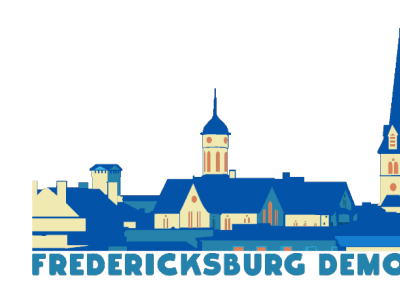
Ken Lecky’s statement on Civility issued October 11.
133KB ∙ PDF file
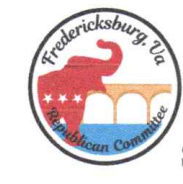
Scott Vezina’s statement on Civility issued October 10.
156KB ∙ PDF file
The cores of each statement, in my reading, are the following:
Vezina
“We must be able to come to the table and talk to one another with the utmost respect and dignity. Let us show our commitment to civility, to the democratic process, and to freedom of choice, by engaging in constructive dialog and respecting everyone’s right to express their views.”
Lecky
“At its core, civility is about affording everyone the same dignity that you offer your friends, your family, and yourself. … Civility, therefore, is not just about polite interactions; it’s about respecting people’s humanity, their freedom to exist and make choices, and their right to be heard; it’s about holding others to account for their incivility. … Dismissing legitimate election results or vilifying those with different beliefs, appearance, or origin undermines the trust vital to our electoral system and, by extension, our democracy.”
Though I would not profess to know either Lecky or Vezina well, I’ve spent enough time with both to know that neither should be described as “radical” or “extremist.” It would also be a mistake, barring more evidence than before us, to assume either Lecky or Vezina was being anything but sincere.
Rather than assuming the worse in this situation, then, let’s consider the likely better reality.
Lecky does not appear opposed to the ideas at the core of Vezina’s statement; he is simply bringing the problems created by the current language being bandied about on the campaign trail by Donald Trump to bear on the question of local civil discourse. His concerns are both legitimate and well-documented.
Vezina, by contrast, appears to be deeply disturbed by the vandalism he is was made aware of and sees in a mutual statement against such actions an important step toward improving political civility locally. His concerns, like Lecky’s, are both legitimate and well-documented.
Impasse?
To the contrary. This is a moment when successful civility conversations are born.
Here, I would point back to the aforementioned article, “Why Interfaith Dialog Doesn’t Work — and What We Can Do About It.”
The author calls on us to recognize that we each believe our tribes believe at least some aspects of the way each sees the world are superior to the way others understand it. And it’s empowering when each tribe expresses those beliefs, and at the same time are open to the honest — and sometimes difficult — challenges that will come from those who would disagree.
Civility discussions, he argues, fail because we believe a nirvana exists around which our tribes can come to agree. In short, we avoid the tough discussions in favor of finding the least offensive path everyone can agree on in order to move forward.
Instead, civility demands we embrace what we feel is exceptional in our beliefs, and open ourselves to the blowback that is sure to come.
In their own ways, Lecky and Vezina have done precisely this.
Lecky has laid bare what he sees as the problem with calling for civility when the candidate at the top of the ticket uses language that is, at best, insulting. At worst, dehumanizing.
Vezina, by contrast, finds calling for civil behavior locally a necessary starting point for changing the toxicity of our current relationships at every level. One can’t deal with complaints at the top of the ticket if we can’t deal with acts of disrespect on the local level.
These disagreements, far from ending constructive discourse, should lay the groundwork for the harder discussions to be undertaken.
With November 5 looming, now is not likely the time to have that discussion. However, in the days that follow the election, it will be important that we do have those discussions.
Civility discussions don’t fail because we hit impasses. They fail because we are reluctant to embrace the impasses and face the real issues that brought us to the disagreement.
Learning to do this locally may well prove our best hope for learning to do so nationally.





Local Obituaries
To view local obituaries or to send a note to family and loved ones, please visit our website at the link that follows.

Support Award-winning, Locally Focused Journalism

The FXBG Advance cuts through the talking points to deliver both incisive and informative news about the issues, people, and organizations that daily affect your life. And we do it in a multi-partisan format that has no equal in this region. Over the past month, our reporting was:
$8 a month supports great journalism
- First to report on a Spotsylvania School teacher arrested for bringing drugs onto campus.
- First to report on new facility fees leveled by MWHC on patient bills.
- First to detail controversial traffic numbers submitted by Stafford staff on the Buc-ee’s project
- Provided extensive coverage of the cellphone bans that are sweeping local school districts.
- And so much more, like Clay Jones, Drew Gallagher, Hank Silverberg, and more.
For just $8 a month, you can help support top-flight journalism that puts people over policies.
Your contributions 100% support our journalists.
Help us as we continue to grow!
Support FXBG Advance for $8 a month

